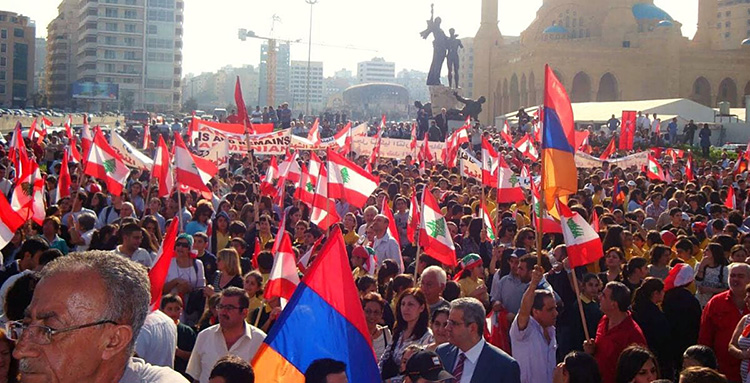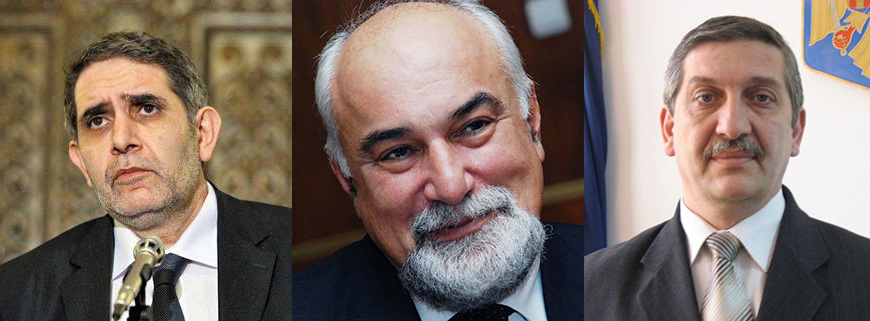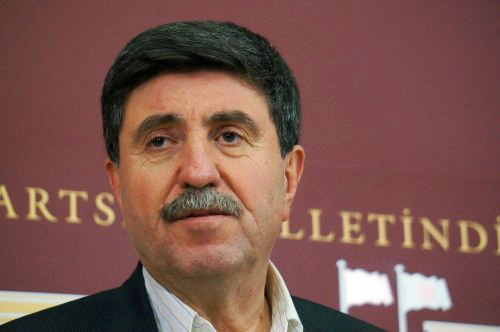Lebanon is going through one of the most tragic and difficult times in its history. A country that has seen civil wars, Israeli invasions, political assassinations, terrorist attacks, and was already going through a period of economic collapse and acute social unrest, has witnessed a new catastrophe in the form of the destruction of the capital city Beirut. On August 4th, a huge explosion inside the port rocked the city, causing enormous losses in human lives and damage to the properties.
This tragic event dealt another blow to the local Armenian community, which was already under enormous economic pressure. Dozens of casualties, hundreds of wounded, destroyed homes, damaged churches, schools, and institutions are the initial assessment of the losses in the Armenian neighborhoods, with the final estimates forthcoming, which will undoubtedly be in the millions of dollars.
Despite its dwindling numbers in recent decades, the Lebanese-Armenian community remains the beating heart of the Diaspora, inspiring the Armenian communities in Europe and America, nationally, educationally, culturally, ecclesiastically, and more. These days, there are some, especially in Armenia, who are raising the issue of relocating Lebanese-Armenians to their ancestral homeland. Such suggestions are not only unrealistic and unfeasible, but also detrimental to the national interests of Armenians as a whole. Lebanon, as a country, is a state built on the coexistence of different religious communities, where the Armenians have their political rights and a special status, being represented in the parliament and the government. As such, Lebanese-Armenian are the protecting backbone of the Republic of Armenia within the Arab world. Vacating Lebanon of its Armenian community only serves Turkey’s interests at a time when it seeks to expand its influence in the region.
Naturally, there are some who want to move to the Homeland, and the Republic of Armenia is willing to help them relocate. Such cases should be encouraged so that instead of migrating to Europe and America, they resettle in their land, bringing with them their expertise, knowledge, and in some cases, their investments, enriching the economy of Armenia, and creating job opportunities for the locals, as was the case with the Syrian Armenians.
Regardless of the support provided to Lebanon by international organizations and states, which will hopefully reach the Armenian community as well, we, as a country, people, and Diaspora, have a great deal of responsibility on our shoulders. In this respect. We must redouble our efforts and do our best to rebuild the Lebanese-Armenian community in a short period, so that it can regain its former status, and continue its important mission in our national life. The first signs in this direction are promising, led by the Armenian government, numerous charities and individual donors are racing to provide financial and humanitarian assistance to the community. The needs are enormous and require long-term effort, but we are confident that our people will be able to find the fortitude to overcome this challenge as well, considering that the restoration of the Armenian community of Lebanon is a matter of national pride for all of us.
“MASSIS”










